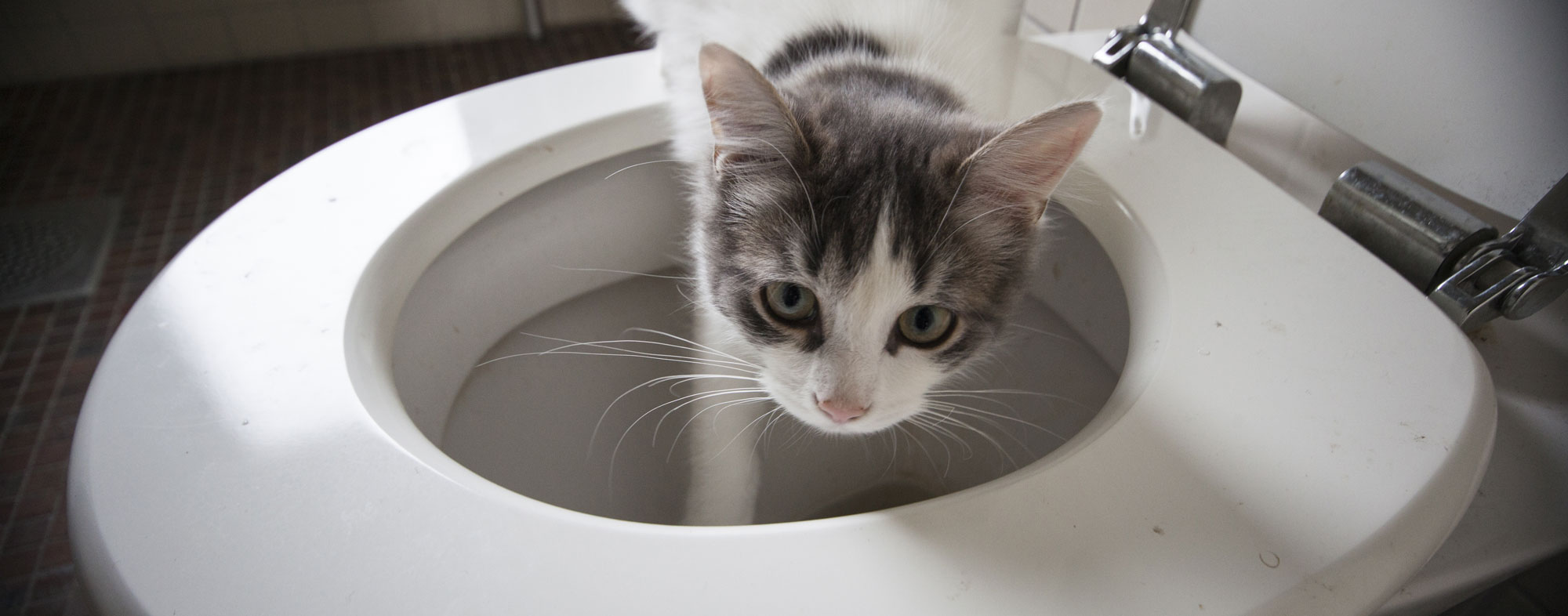They are making a few good points regarding How to Dispose of Cat Poop and Litter Without Plastic Bags in general in this content underneath.

Introduction
As cat proprietors, it's vital to bear in mind how we dispose of our feline friends' waste. While it might seem hassle-free to flush pet cat poop down the commode, this practice can have destructive repercussions for both the environment and human health and wellness.
Environmental Impact
Flushing pet cat poop introduces dangerous pathogens and bloodsuckers right into the water system, positioning a substantial risk to water ecological communities. These contaminants can negatively affect aquatic life and concession water quality.
Health and wellness Risks
Along with ecological problems, purging cat waste can likewise position wellness threats to people. Pet cat feces might have Toxoplasma gondii, a bloodsucker that can trigger toxoplasmosis-- a potentially severe illness, specifically for expectant women and individuals with damaged body immune systems.
Alternatives to Flushing
Thankfully, there are safer and extra responsible methods to get rid of pet cat poop. Take into consideration the adhering to alternatives:
1. Scoop and Dispose in Trash
The most typical technique of throwing away pet cat poop is to scoop it right into a naturally degradable bag and toss it in the trash. Make certain to use a committed clutter scoop and deal with the waste promptly.
2. Usage Biodegradable Litter
Opt for biodegradable pet cat trash made from products such as corn or wheat. These clutters are eco-friendly and can be securely disposed of in the trash.
3. Bury in the Yard
If you have a yard, consider hiding pet cat waste in a marked area far from veggie yards and water sources. Be sure to dig deep enough to stop contamination of groundwater.
4. Set Up a Pet Waste Disposal System
Purchase a pet garbage disposal system specifically designed for pet cat waste. These systems make use of enzymes to break down the waste, decreasing smell and ecological impact.
Final thought
Responsible animal possession prolongs beyond providing food and shelter-- it additionally involves proper waste monitoring. By refraining from purging feline poop down the bathroom and opting for different disposal techniques, we can decrease our ecological footprint and shield human health.
Why You Should Never Flush Cat Poop Down the Toilet
A rose by any other name might smell as sweet, but not all poop is created equal. Toilets, and our sewage systems, are designed for human excrement, not animal waste. It might seem like it couldn’t hurt to toss cat feces into the loo, but it’s not a good idea to flush cat poop in the toilet.
First and foremost, assuming your cat uses a litter box, any waste is going to have litter on it. And even the smallest amount of litter can wreak havoc on plumbing.
Over time, small amounts build up, filling up your septic system. Most litter sold today is clumping; it is made from a type of clay that hardens when it gets wet. Ever tried to scrape old clumps from the bottom of a litter box? You know just how cement-hard it can get!
Now imagine just a small clump of that stuck in your pipes. A simple de-clogger like Drano isn’t going to cut it. And that means it’s going to cost you big time to fix it.
Parasitic Contamination
Believe it or not, your healthy kitty may be harboring a nasty parasite. Only cats excrete Toxoplasma in their feces. Yet it rarely causes serious health issues in the cats that are infected. Most people will be fine too if infected. Only pregnant women and people with compromised immune systems are at risk. (If you’ve ever heard how women who are expecting are excused from litter cleaning duty, Toxoplasma is why.)
But other animals may have a problem if infected with the parasite. And human water treatment systems aren’t designed to handle it. As a result, the systems don’t remove the parasite before discharging wastewater into local waterways. Fish, shellfish, and other marine life — otters in particular — are susceptible to toxoplasma. If exposed, most will end up with brain damage and many will die.
Depending on the species of fish, they may end up on someone’s fish hook and, ultimately on someone’s dinner plate. If that someone has a chronic illness, they’re at risk.
Skip the Toilet Training
We know there are folks out there who like to toilet train their cats. And we give them props, it takes a lot of work. But thanks to the toxoplasma, it’s not a good idea.

I ran across that content on How to Dispose of Cat Poop and Litter Without Plastic Bags while browsing on the search engines. For those who liked our post kindly remember to share it. Thanks for your time. Kindly come by our website back soon.
Make An Appointment